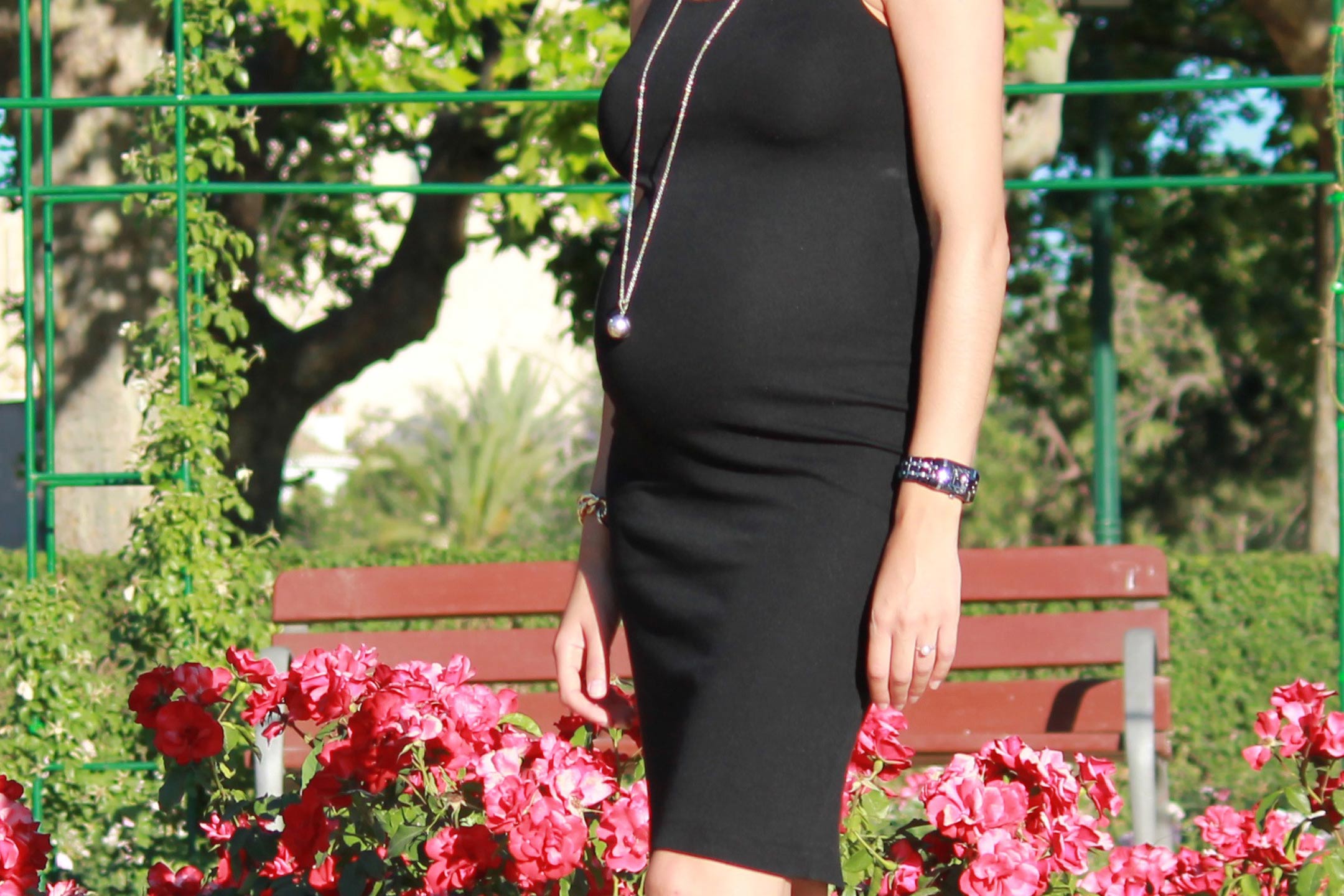
15 Sep Sacked, demoted, bullied: pregnancy discrimination exposed
Pregnant women continue to be sacked, demoted and discriminated against in the workplace despite laws designed to protect them, Monash University research shows.
A pilot study by the Monash Business School analysed data from calls to the JobWatch helpline and found pregnant women faced a wide range of discrimination detrimental to their job security and careers.
Discrimination occurred during pregnancy, while women were on parental leave and when they tried to re-enter the workforce. And it affected women regardless of their length of service, seniority, employment status (casual, part time or full time) or industry.
Women called JobWatch about being bullied, dismissed or made redundant while pregnant, having their employment status or terms and conditions changed, or even being subject to disciplinary action upon announcing their pregnancy. In some cases, employers refused to alter working conditions to accommodate the health and safety of pregnant women – sometimes against medical advice.
The research, collated from anonymous data, case studies and interviews following calls to JobWatch in 2019/20, revealed:
- A woman with a high-risk pregnancy whose employer tried to force her to do tasks her doctor said were unsafe because the boss dismissed the advice.
- A new mum sacked several months into her 12 months’ unpaid parental leave.
- A pregnant woman who provided a medical certificate explaining she was unable to do any heavy lifting and subsequently never received another shift.
- A woman who was offered a demotion with less pay or redundancy upon returning to work after her role was restructured while she was on parental leave.
The findings are published in the report Understanding Pregnancy Discrimination, launched today. Lead author Associate Professor Dominique Allen said the research provided a disturbing snapshot of women’s experiences of pregnancy discrimination at work.
“Laws prohibiting pregnancy discrimination have been around since 1995, yet women are still experiencing suffering in the workplace, and it makes what should be such a joyful time so much more stressful,” Associate Professor Allen said.
“When I interviewed some of these women, I was upset to hear what they’d had to endure and that some had walked away from their job because their employer wouldn’t accommodate them. It was frustrating and, at times, heartbreaking to hear.”
Associate Professor Allen said the study showed some employers were ill-equipped to navigate their responsibilities under a complex web of industrial, equality and workplace health and safety laws.
“Unfortunately women’s experiences of pregnancy discrimination are largely invisible,” Associate Professor Allen said.
The pilot study examined 42 pregnancy-related anonymous case studies arising from callers who contacted the Victorian-based not-for-profit community legal centre, JobWatch. Researchers also conducted four in-depth interviews with women who reported experiencing pregnancy discrimination at work.
JobWatch Executive Director Zana Bytheway said pregnancy-related calls were on the rise, but some women were reticent to speak about their experiences.
“With over 16,000 callers assisted every year and a 17 per cent increase in pregnancy discrimination calls, JobWatch had an abundance of case studies and insights to share with the Monash research team ,” Ms Bytheway said.
“However it is important to note that some of the callers we approached to participate in this study chose not to do so, often stating that while they wanted to speak about their experience, they were wary of either ‘rocking the boat’ with their existing employment or were bound by confidentiality clauses in settlement agreements after a discrimination claim.”

